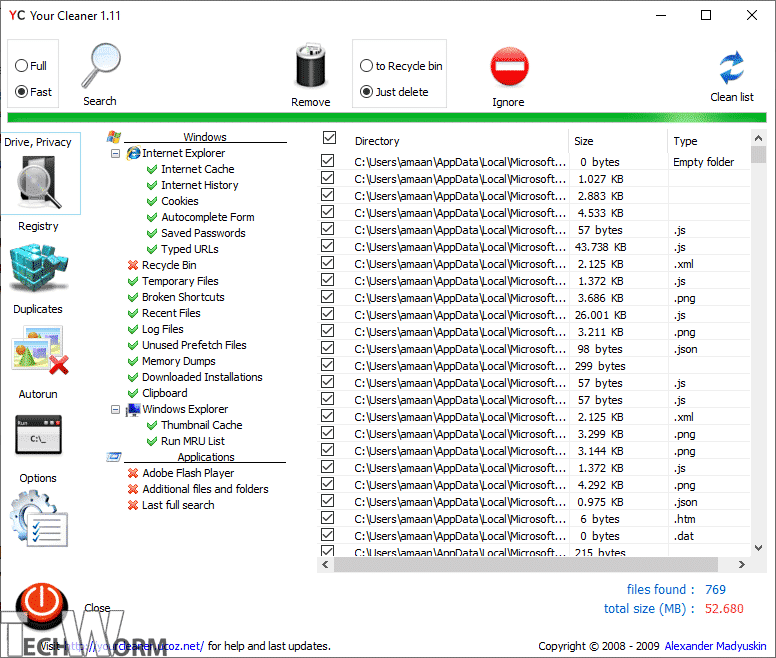


Since you only want the software to run in one language, you can remove the other languages of the program.

They take up storage space that doesn’t need to be taken, and they can force a computer to work more than it needs to while performing basic processes. Other files that could be considered junk are those that haven’t been opened in a long time, usually a year or more.Īll of these temporary, duplicate, unpurged, and unused files can bloat a computer’s hard drive. These junk files can also come in the form of unintended duplicate files, from a program not saving a file properly, for example, or from unpurged program logs that track performance data from using the program. Users can be left with numerous files taking up valuable disk space and slowing down processing power. When these programs are closed, temp files should be deleted, but that’s not always the case. Browsers also create temp files to store information like browsing history or cookies. Many programs generate temp files in response to file creation, which are used as backups for the files that are being worked on in case the program closes unexpectedly. The most common of these are temporary files, more commonly referred to as temp files. Computer storage can get pretty easily cluttered by a variety of junk files.


 0 kommentar(er)
0 kommentar(er)
